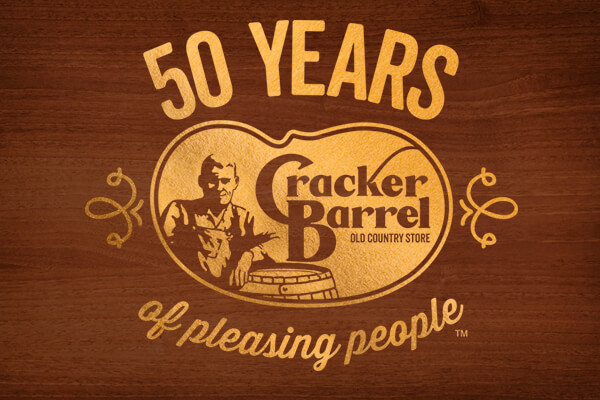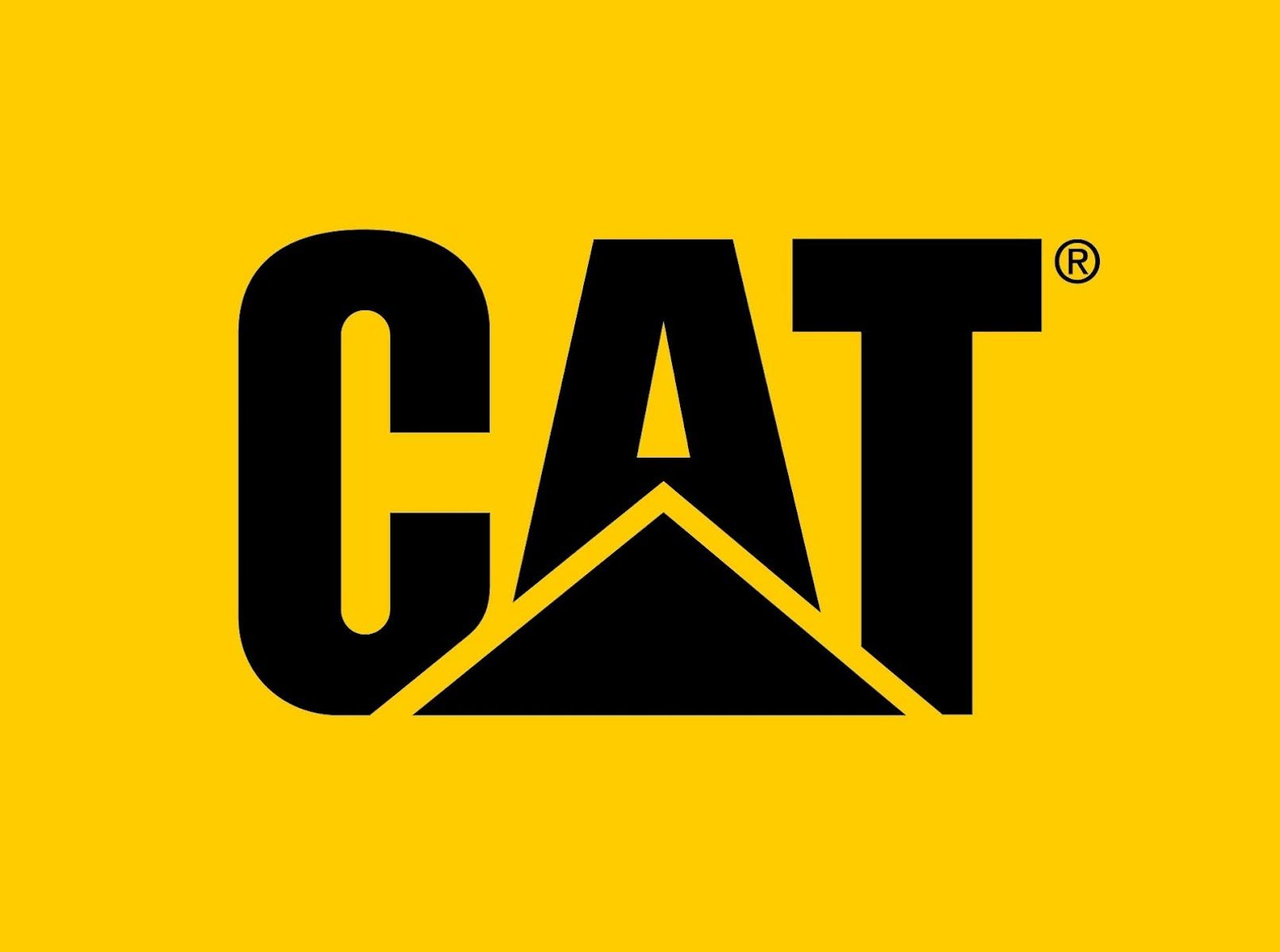Lifestyle
How to Choose a Diet and Stick with It

Dieting can be an overwhelming experience. Choosing a diet type is tough. So, ask yourself some basic questions to make it a little less stressful.
Choosing a diet isn’t easy. Where do you even start? Keto? Paleo? Atkins? Mediterranean? Some variation of all of the above, that includes something you can actually enjoy? Some diet types have been around a long time, while others burst into attention every once in a while, capturing everyone’s attention before fading away and leaving in even more confusion in an already complex situation. With all the information out there, it can be difficult to narrow down your choices.
But don’t fret, because choosing a diet is not as hard as choosing to diet. You’ve already taken a hard step, and with a little guidance you can start down the path towards better health.
Answering some basic questions can help narrow down your choices. Be honest with yourself, and use what you learn from the following questions to target a few diet options.
What are My Goals?
The diet you choose should reflect not only your goals, but what you expect from changing what you eat. Think about what you want the outcome to be.
Are you interested in maintaining weight and eating healthier? Or are you trying to lose weight? Do you want to count calories? How about carbs? Maybe a low-carb diet works or focusing on smaller meals throughout the day.
Consider your approach to exercise. Are you interested in fitness or gaining muscle? Diets that are high in protein can help with that.
Focusing on your goals helps you find different paths to the finish line. If you’re not sure where to start, try talking to a dietician.
If you want to focus on losing weight only, then you need to consider the calories in and the calories out — how much you eat versus how much you consume every day. Consume more than you eat and your weight will drop, but this is a simplistic approach that doesn’t consider other aspects related to your health, such as nutrient intake and vitamins. It also doesn’t consider your body type.
What is My Body Type?
Having an awareness of your body type is important when it comes to choosing a diet. There are basically three different categories that most people fall into.
- Ectomorph: Long and lean, difficult to build muscle even after long periods in the gym.
- Endomorph: Big, with higher body fat. A tendency to store body fat usually makes it more difficult to lose weight, particularly around the gut.
- Mesomorph: Muscular and well-built, with a higher metabolism. Usually easy to add muscle.
While your body type probably most aligns with one of these three, many people have characteristics of all of them. It’s also important to know that whatever body type you are, it’s possible to lose weight and develop muscle. Understanding your body shape can go a long way toward choosing the best diet and improving your health.
How Much Time Do I have to Cook?
Picking the proper diet has to take into account your current lifestyle. Eating home-cooked meals helps with weight loss. But that may not be realistic for you. How much time do you have per week to prepare your meals? Are you comfortable cooking, or do you usually eat out? A new diet can be doomed from the start if it requires too drastic a change to food choice and lifestyle.
Cooking is not mandatory in dieting, but it can be an important ally. Studies have shown that the food we cook tends to be healthier than what we buy, and you also have complete control over what you include in your food.
What is My Budget?
Some diets can be pricey, since they may require special ingredients or meal replacements. That’s not even considering membership to a gym or the cost of exercise equipment. Actually sitting down and coming up with a budget for a proposed diet is key to sustaining it. If you need to, look into different alternatives to minimize the financial stress of an expensive diet — although in truth, dieting shouldn’t really be expensive.
If you diet is asking you to exclusively eat some things, which also turn out to be expensive, you might want to consider if this is actually the best approach.
When and How am I Going to Exercise?
You may not like to exercise, but it is a vital component to taking your fitness and health seriously. You don’t have to train for a marathon or take up kickboxing, but it’s important to make space for exercise in your plans. In addition to helping control your weight, regular exercise can improve your mood, increase your energy, and even help control food choices.
Healthy adults should try for at least 150 minutes of moderate aerobic activity per week. But this can vary depending on factors like weight and age. Talk to your doctor or a personal trainer to help come up with the best plan for you.
What Types of Food Do I Like?
You don’t have to torture yourself on a diet. In fact, the more you like the foods that make up your diet, the more likely you will stick with it. Many low-calorie diets will swap calorie-dense foods like meat and bread for more nutritious options like vegetables. If you don’t love eating something like fish, don’t pick a diet that incorporates a lot of fish. It seems simple. But ask if the food you’ll be eating is sustainable for you.
Answer Honestly to Find What Works Best
It’s important to be realistic about your diet options. If you’re looking to simply lose weight, for example, you’d think that the diet that can drop the most pounds would be best. But what if it requires you to eat food you hate? What if it is cost prohibitive? These answers are important. They may be the key to finding a sustainable diet. That’s because the bottom line is the best diet for you is the one you can stick to.

-

 Local News2 weeks ago
Local News2 weeks agoUtah libraries celebrate National Library Week
-

 Local News2 weeks ago
Local News2 weeks agoThe Jewish community in the area responds to a potential Iranian invasion on Israel
-

 Local News2 weeks ago
Local News2 weeks agoTransit will be redesigned and expanded by UTA by the potential 2034 Olympics
-

 Local News2 weeks ago
Local News2 weeks agoGorilla in Hogle Zoo expecting a new little bundle of joy
-

 Local News2 weeks ago
Local News2 weeks agoAfter 119 years, a Salt Lake company is moving to Murray, and the structure will be demolished
-

 Local News1 week ago
Local News1 week agoSignificant weather changes will bring Utah rain, snow, and cooler temperatures
-

 Local News5 days ago
Local News5 days agoA large number of people start running in the Salt Lake City Marathon
-

 Local News1 week ago
Local News1 week agoAs we come to the end of another fantastic snowy year in Utah, here is the most recent flood forecast for the spring melt





Leave a Reply